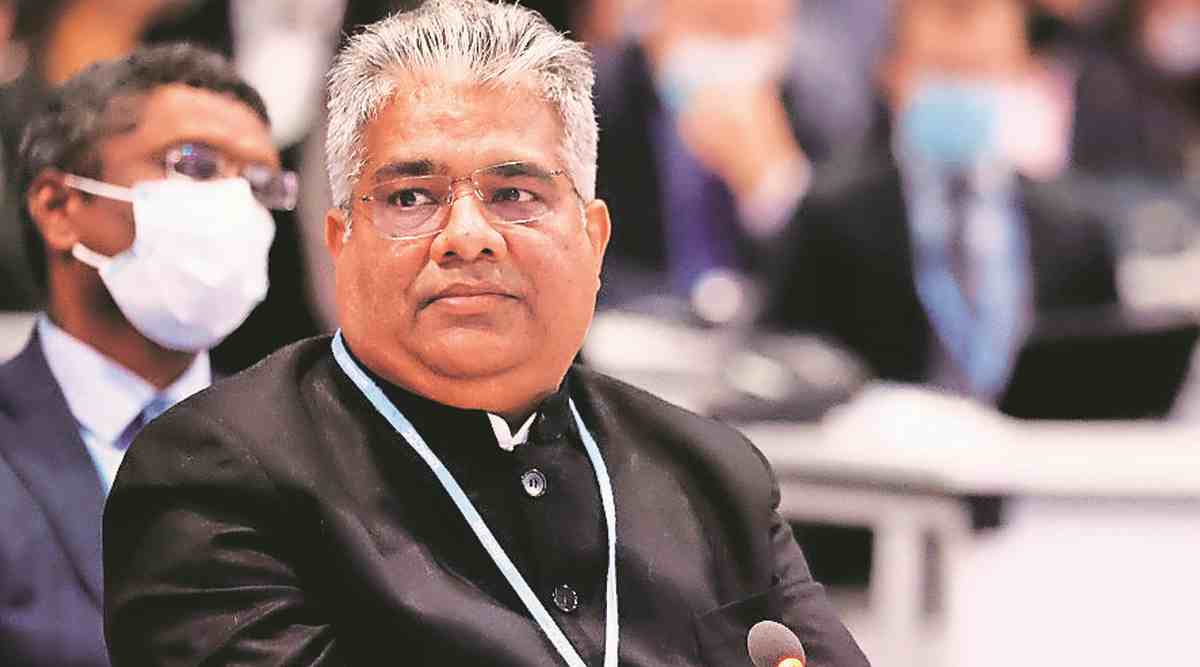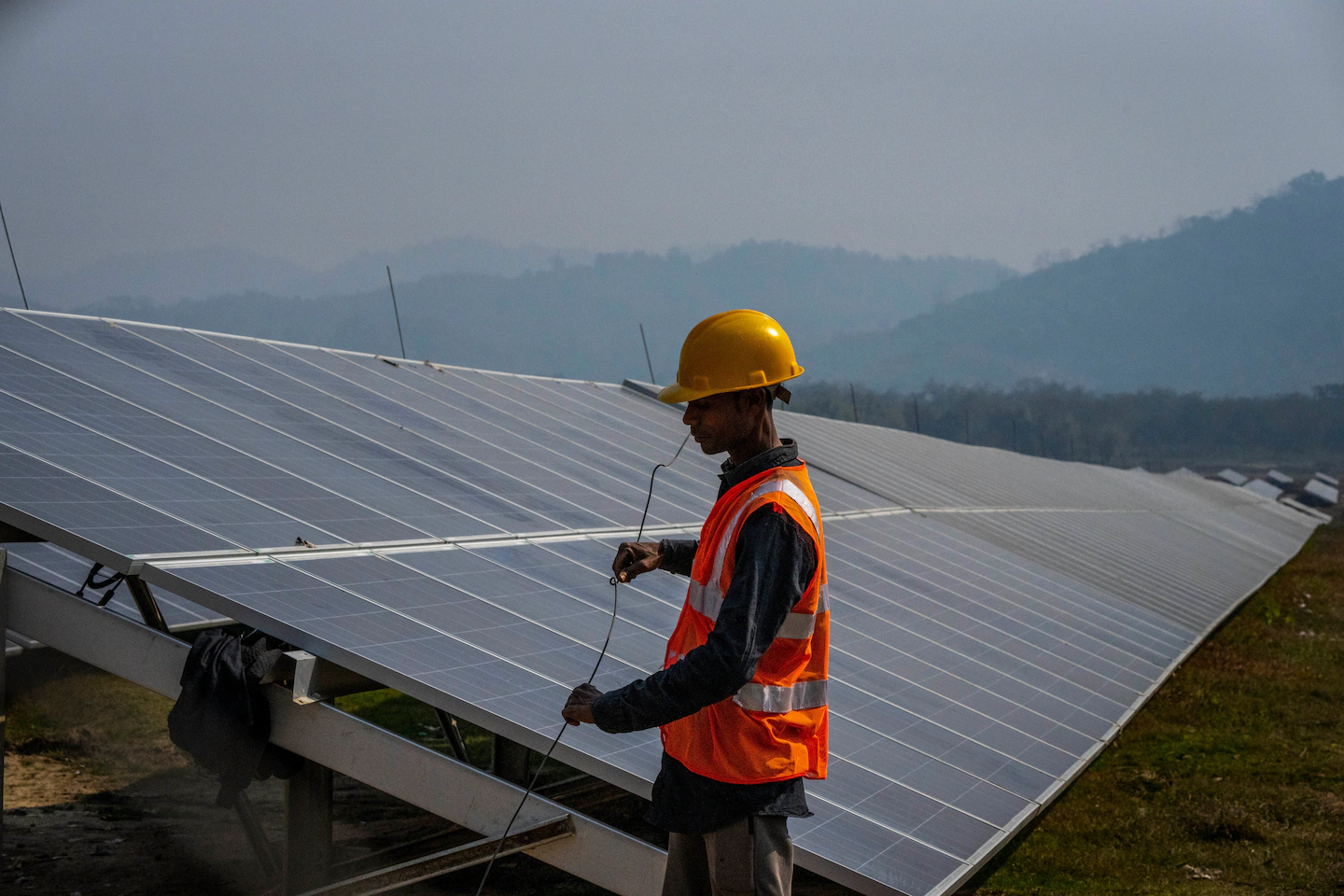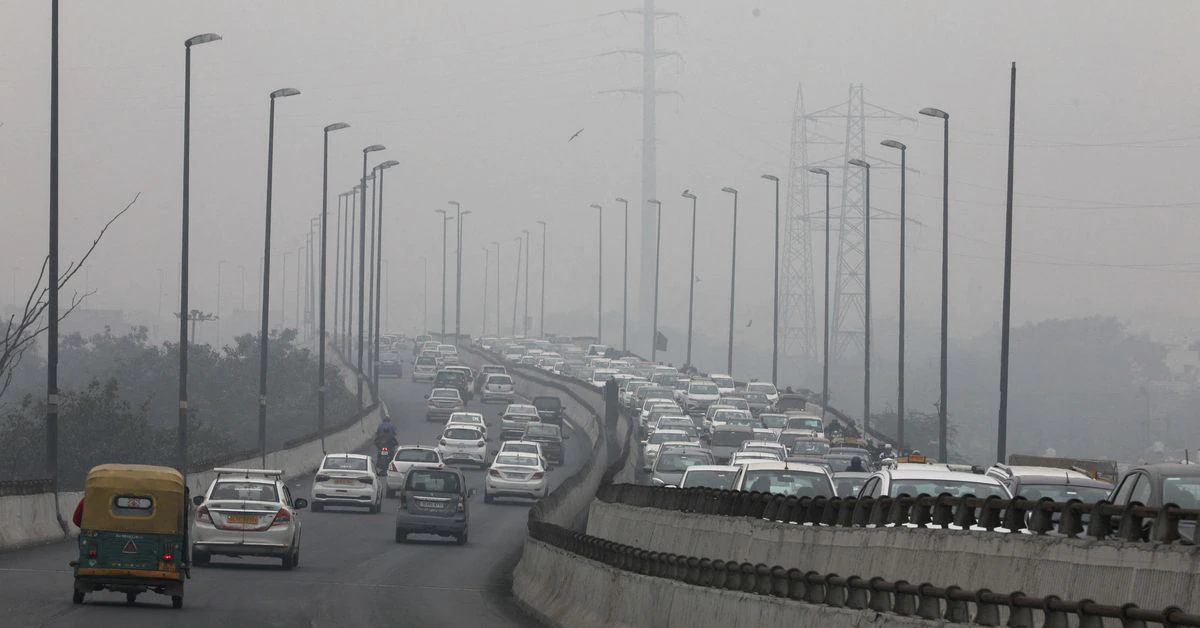Meanwhile attending the G20 environmental ministerial meeting in Bali, UE minister Bhupender Yadav shed light upon India’s efforts towards decreasing emissions, despite of not being an active culprit of creating them. Yadav complained the absence of responsibility in developed countries, whereas poor countries taking action vigorously, continuing by addressing hefty climate finance as loans as high as 70% upon developing countries, pushing into more debt.
The Lok Sabha has passed a bill that caters to mindful energy consumption and trimming carbon emission, taking the country into a climate conscious direction. This bill will hold industries’ carbon emission in check by mandating use of renewable energy sources and charge a fine on those which aren’t using sufficient renewable sources. The legislature piece will help in liberating 24% of India’s electricity usage. The bill now needs to be affirmed by the Upper House. The country has goals of reducing half of energy requirements from fossil fuels by 2030, meanwhile it achieving 40% less emissions till 2030, since 2005 reports.
A year late to the UN deadline for updated commitments, though coming in with force is India’s new targeted regimen for tackling planet harming emissions. Several pledges were uttered, previously touched upon by PM Modi, which are now known as Nationally Determined Contributions (NDC). These pledges will push India to score at least 45% less emission intensity of its GDP. By 2030, the nation also targets to have converted half of energy production from renewable sources like solar and wind energy. Another resolve says to generate net zero emissions by 2070.










